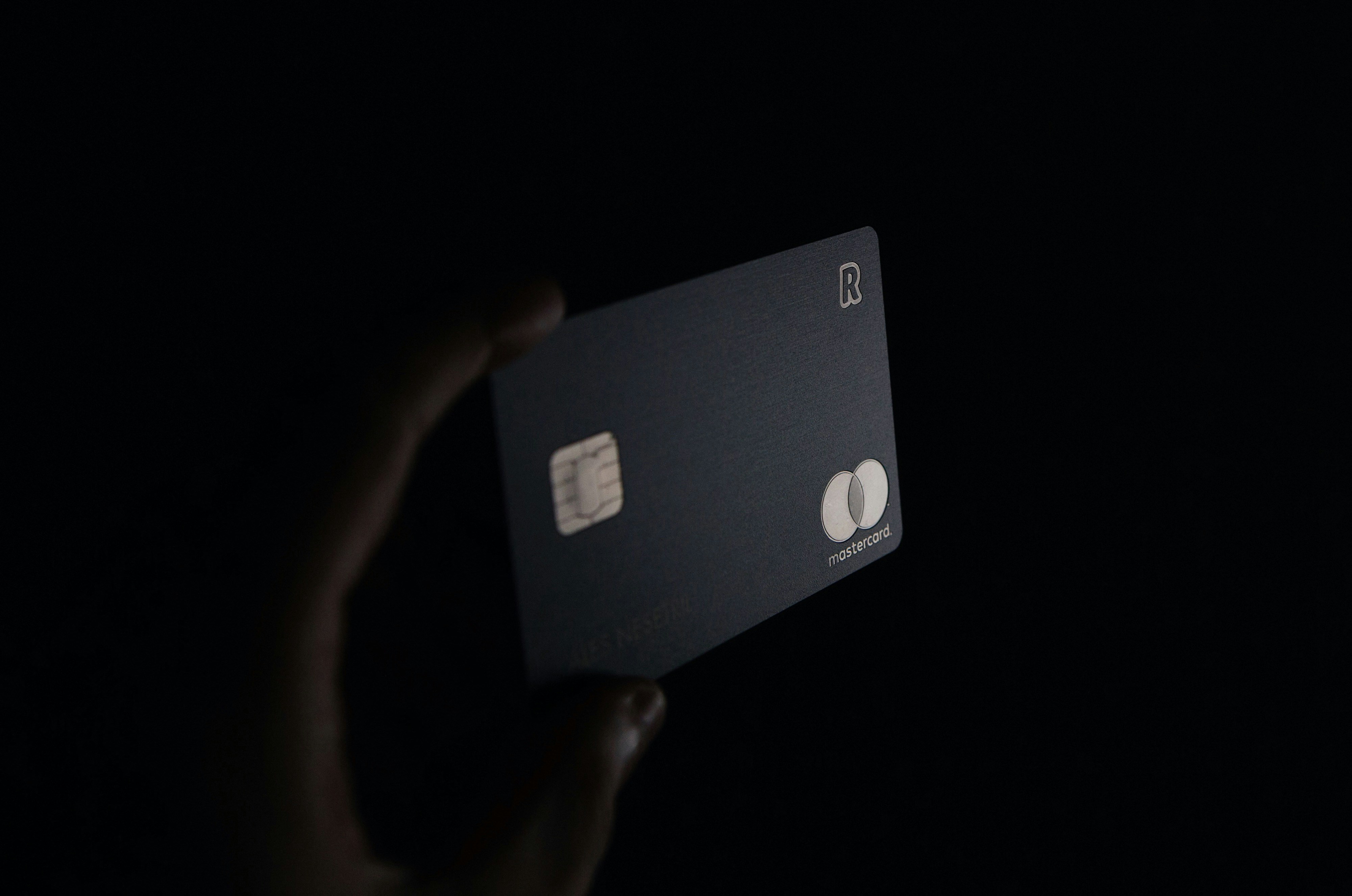.jpg)
5 Things to Know Before Opening Your First Business Checking Account
Opening a business account is a big step. You're moving from working on something that's a hobby or dream to becoming a legitimate company, with its own business checking account. Whether you’re just starting out or separating personal and business finances, a dedicated checking account helps streamline cash flow, track expenses, and build long-term credibility.
Here’s what you should know before opening your first business account.
Do your research on banks
Choosing a bank isn’t just about convenience. While your personal bank may feel like the easiest choice, it’s worth exploring other options.
Consider whether you need a physical branch near you.
Think about the quality of their mobile and online banking tools.
Look into whether they offer additional services like business loans or credit options.
Start with what you need today, but don’t forget to plan for what you might need down the road.
Understand the account options
Not all business checking accounts are the same. Some cater to new businesses, while others are built for companies that process high transaction volumes.
Decide whether you need a savings account in addition to checking.
Understand the included features, limitations, and whether you’ll outgrow the account too quickly.
Be clear on what you want before walking into a branch or signing up online , that way, you're not sold on something that doesn't fit your business stage.
Pay attention to fees
Business accounts often come with different types of fees and they add up.
Watch for monthly service fees.
Ask about transaction limits, wire transfer costs, and minimum balance requirements.
If you're operating on a tight budget, look for accounts with low or no fees. If you're scaling quickly, a paid account with more robust tools may offer better long-term value.
Know what you're signing up for so you’re not surprised later.
Bring the right documentation
The bank will require you to verify your identity and business information.
Bring a government-issued ID.
Have your EIN or Social Security Number ready.
Include formation documents if you’re an LLC, corporation, or partnership.
Check if your state or industry requires a business license.
Having everything in hand will make the process fast and easy.
Use the account right away
The sooner you start using your business account, the sooner you’ll build a financial history.
Deposit incoming revenue directly.
Pay your vendors and business expenses from the account.
Avoid using your personal bank for anything business-related.
This helps with clean bookkeeping and puts you in a better position when applying for funding, like a business loan or line of credit.
Opening a business checking account is more than just a formality. It sets the tone for how you manage your money, present your business to lenders, and plan for growth. Take the time to choose the right bank, understand your options, and build a foundation that supports your success.





